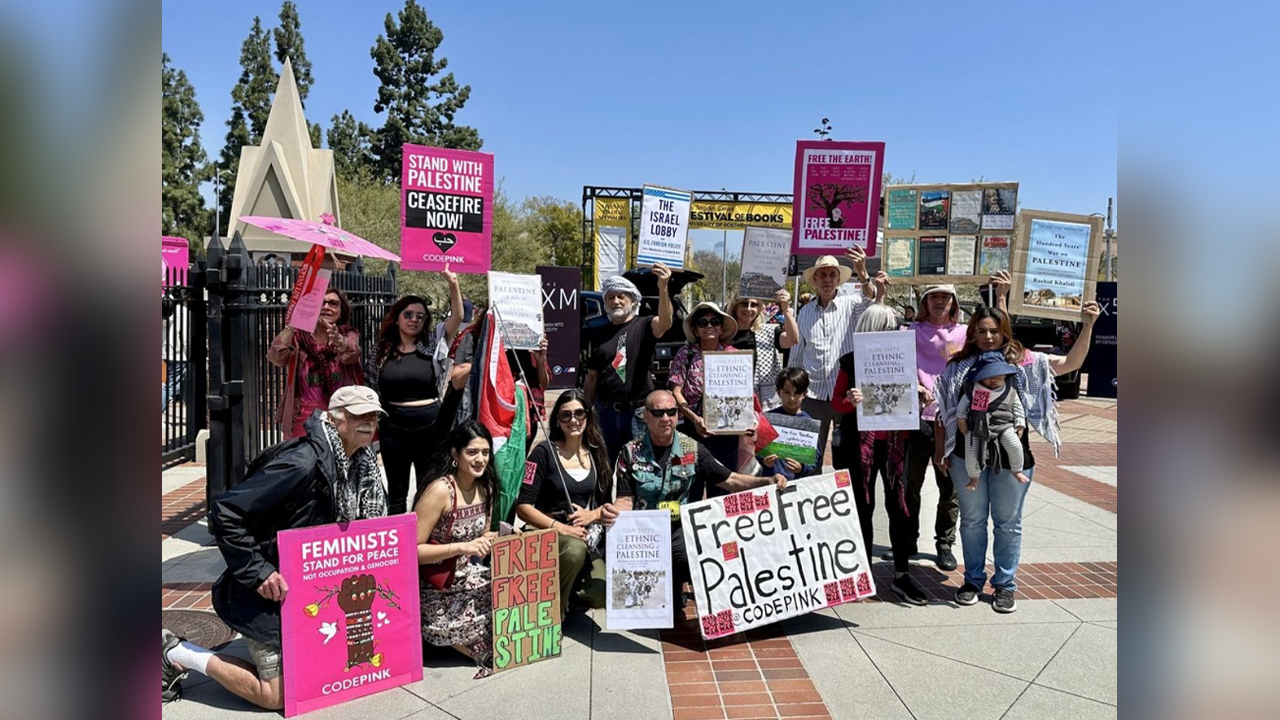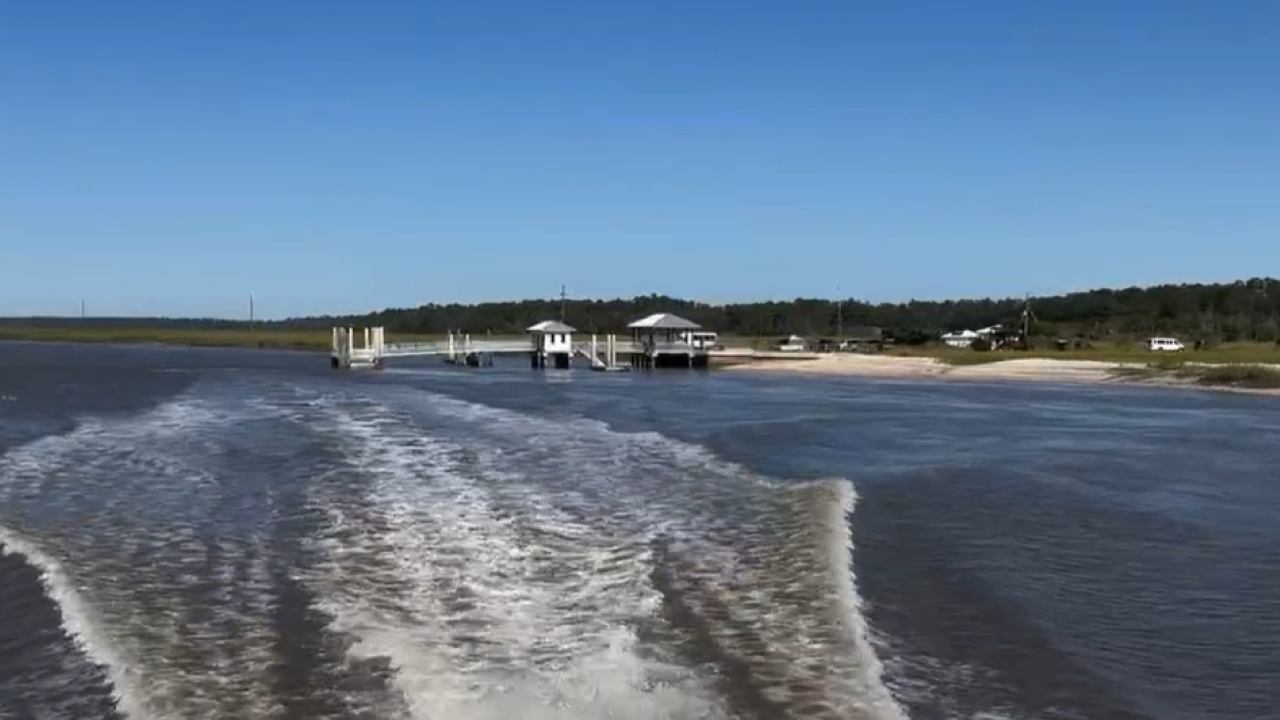The Goldwater Institute and Gov. Gavin Newsom of California ordinarily have little in common. One is a conservative think tank in Arizona, the other a Democrat leading one of the nation’s most liberal states.
But for the past six years, they have been aligned on one highly charged issue: the need for some legal way to clear homeless encampments that have proliferated in cities throughout the West.
On Monday, the Supreme Court will consider an Oregon case that could reshape homelessness policy nationally. On its face, The City of Grants Pass v. Johnson asks how far cities can constitutionally go to restrict sleeping and camping in parks and on sidewalks.
More broadly, however, the case deals with one of the thorniest aspects of the homelessness crisis — the balance between the government’s responsibility to protect public health and the human right to exist without housing.
The conflict has been particularly acute in the West, where the U.S. Court of Appeals for the Ninth Circuit, in San Francisco, has issued opinions over the past six years that officials blame for the sprawling tent encampments in public spaces that have spread since the pandemic. As voters’ frustration has grown, Democratic and Republican leaders alike have called for greater authority to ban such camping, only to have the courts reject them.
Advocates for homeless people, the American Psychiatric Association and several left-leaning states, including New York, Illinois and Minnesota, argue that criminalizing homelessness only worsens the problem. More effective, they say, is focusing on housing, treatment, education and jobs for people who are homeless.
In the nine Western states in the Ninth Circuit’s jurisdiction, however, officials have increasingly begged the court to explicitly define the point at which a community can reclaim its shared spaces without triggering lawsuits. Some echo conservative appointees on the Ninth Circuit like Judge Daniel Bress, who issued a scathing response last year after the liberal majority voted not to give the Grants Pass case a rehearing before the full appeals court. (The three-judge had panel found that penalties for bunking outdoors violated the Constitution if the local population of homeless people exceeded the city’s shelter capacity.)
The Ninth Circuit, he wrote, need only look to its doorstep to see the fruit of its decision — a dystopia of “homelessness, drug addiction, barely concealed narcotics dealing, severe mental health impairment” and post-Covid “hollowing out.”
In Phoenix, where a massive encampment near the Arizona State Capitol consumed millions of state dollars and years of litigation, Timothy Sandefur, vice president for legal affairs of the Goldwater Institute, noted that both sides had asked the court for clarification.
“It just shows,” he said, “that across the board, the Ninth Circuit ruling that you have a constitutional right to sleep in a public park is unworkable and has got to be reversed.”
In California, where more than 180,000 people are homeless, Mr. Newsom wrote in his brief to the court that he opposes criminalizing homelessness, but that decisions like the one in Grants Pass “have impeded not only the ability to enforce basic health and safety measures, but also the ability to move people into available shelter beds and temporary housing.” Since his election in 2018, California has pumped more than $20 billion into programs to address homelessness, including specialized housing, a new court-based approach for dealing with addiction and mental illness and a $6.38 billion bond.
At a news conference last week, he recalled pitching in to dismantle one tent camp in Oakland that “felt like a scene out of a ‘Raiders of the Lost Ark’ where, you know, thousands and thousands of rats appeared running all around us.”
“This is to me just about common sense, not about ideology,” the governor said.






